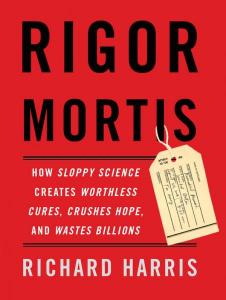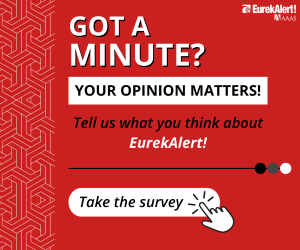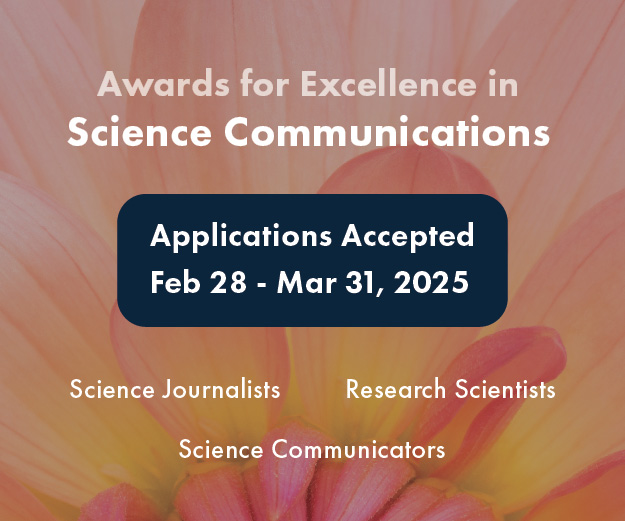Richard Harris: Rigor Mortis
HOW SLOPPY SCIENCE CREATES WORTHLESS CURES,
CRUSHES HOPE, AND WASTES BILLIONS
Richard Harris
Basic Books (Hachette), April 4, 2017, $28
ISBN-10: 0465097901; ISBN-13: 978-0465097906
Available on Kindle
Harris reports:
In 2014, NPR asked me to shift my attention from climate and environment to biomedical research. I quickly discovered that biomedicine was suffering from deep structural problems, which are helping to drive what’s been dubbed the “reproducibility crisis.” The idea for a book was born. It’s my first; I wrote it in my first extended break from NPR in nearly 30 years.
Rigor Mortis explores the depth and scope of the problem. I examine the assertion that most published research findings are false, and explain that while failure is a necessary element of science, there is also a lot of needless failure in biomedical research.
After laying out the problem, I explain what’s gone wrong. The problems start with bad ingredients such as bogus cell lines and untrustworthy antibodies and animal models. Poor experimental design and improper use of statistics are also to blame. Biomedicine’s funding crunch and perverse incentive system also drives scientists to puff up their findings and to cut corners along the way.Rigor Mortis is loaded with cringe-worthy anecdotes, Nobel laureates included. Despite the publisher’s gloomy subtitle, I also explore the growing efforts to improve rigor and reproducibility in biomedicine.
I assumed that many scientists would be reluctant to talk about the problems facing biomedicine. This was surprisingly not the case. (Of course, this was well before anyone imagined President Donald Trump would try to eviscerate the NIH budget.) Dozens of scientists and officials talked to me, and many were pleased I was airing this issue.
I gathered inspiration and sources for one thread of the book at a 2015 National Research Council meeting on statistics and reproducibility, where I met Keith Baggerly and Steve Goodman, two experts in these areas, who figure prominently in Rigor Mortis.
Dan Sarewitz, co-director of Arizona State University’s Consortium for Science, Policy & Outcomes generously provided me workspace down the hall from his office in DC, along with sage counsel. He also dubbed me a visiting scholar and offered me a stipend, which was a welcome supplement to my solid advance from Basic Books.
Contact info:
- Richard Harris: 202 513-2786, rharris@nasw.org, @rrichardh
- Book website: http://richardharriswrites.com/
- Agent: James Levine, 212 337-0948, jlevine@LGRliterary.com
- Publicist: Courtney Nobile, 212 364-0666, courtney.nobile@hbgusa.com
NASW members: will your book be published soon? Take advantage of this opportunity for shameless self-promotion. Submit your report for Advance Copy.
Tell your fellow NASW members how you came up with the idea for your book, developed a proposal, found an agent and publisher, funded and conducted research, and put the book together. Include what you wish you had known before you began working on your book, or had done differently.
See https://www.nasw.org/advance-copy-submission-guidelines.
Thinking of writing a book? If you are a NASW member, you may access a list of more than 150 books and online resources to help you craft your book proposal, find an agent and funding sources, negotiate your contract, learn about self-publishing, publicize and market your book, and more at https://www.nasw.org/article/write-book.
Send book info and questions about book publishing to Lynne Lamberg, NASW book editor, llamberg@nasw.org.





